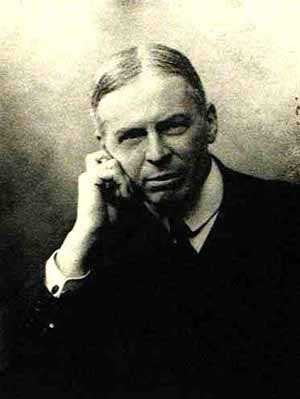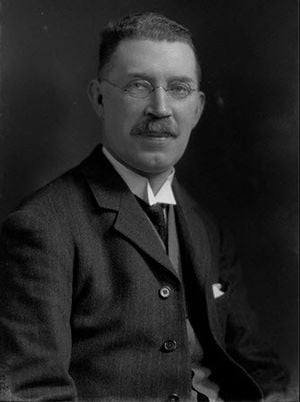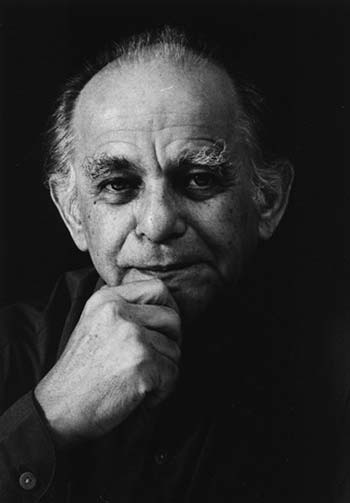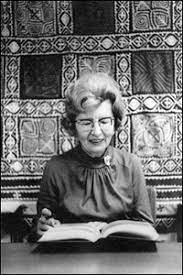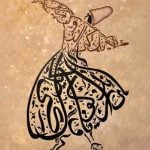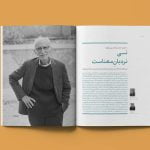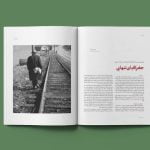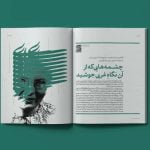Edward Granville Browne (1862-1926), Professor of Persian at Cambridge University, displayed a remarkable interest in the metaphysical thought of the Iranians. Browne is best known for his four-volume magnum opus, “A Literary History of Persia” (Cambridge: Cambridge University Press, 1902, 1906, 1920, 1924), which provides extensive extracts in translation of Persian poetry and prose, and though somewhat dated, remains even today the best available continuous narrative of the intellectual history of Iran in English. Browne calls Rumi “without doubt the most eminent Sufi poet whom Persia has produced, while his mystical Masnavi deserves to rank amongst the great poems of all time”. Browne’s outline history of Rumi’s life has the particulars generally correct, though he believed Shams to have been killed in a riot in Konya along with Rumi’s elder son. Browne wished to believe Aflaki, who wrote only forty-five years after Rumi’s death at the instruction of the latter’s grandson, but he nevertheless recognized that Aflaki records much that is “quite incredible” and his account is “marred by not a few anachronisms and other inconsistencies”.
Browne provides a translation of the prose preface to Book 1 of the Masnavi, which Rumi described as “the roots of the roots of the roots of religion,” and also his own verse rendering, in high Victorian style, of the story of the Jewish vizier from the Masnavi. Ultimately, however, Browne’s cultivation of the career of Reynold Alleyne Nicholson, who must be regarded, along with Badi‘ al-Zaman Foruzanfar, as the century’s greatest scholar of Rumi, proved of far more importance than Browne’s own researches in this regard. In the introduction to his edition of the Masnavi, Nicholson credits Browne with suggesting, though not in so many words, that he undertake the project of editing and translating Rumi, by reading with him and helping him to appreciate the “Persian Koran.”



